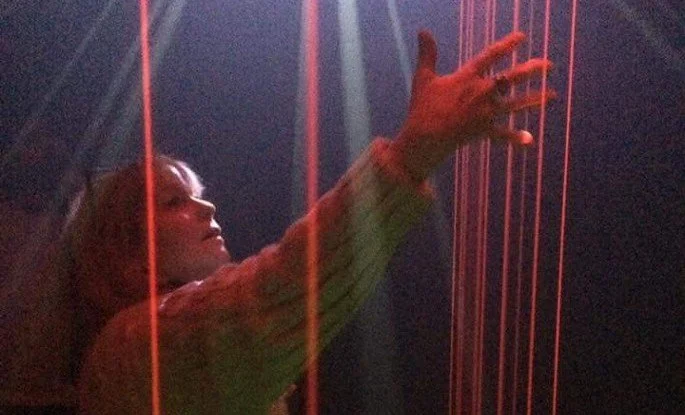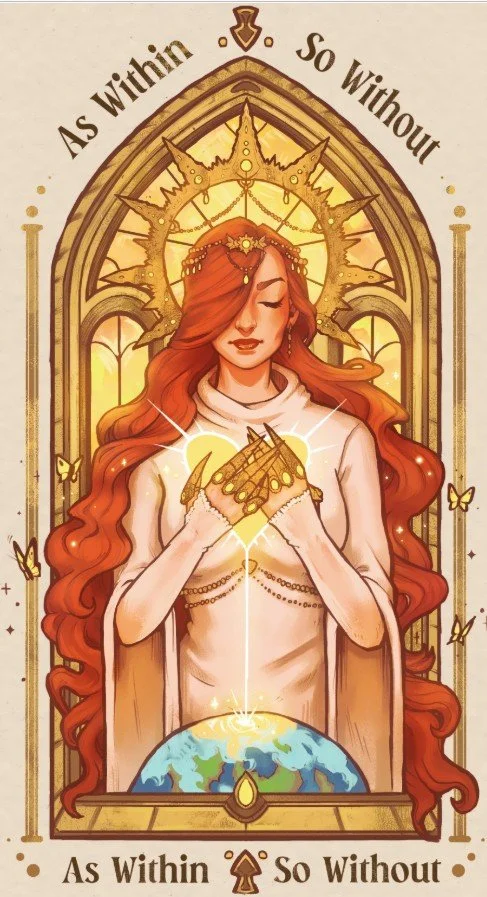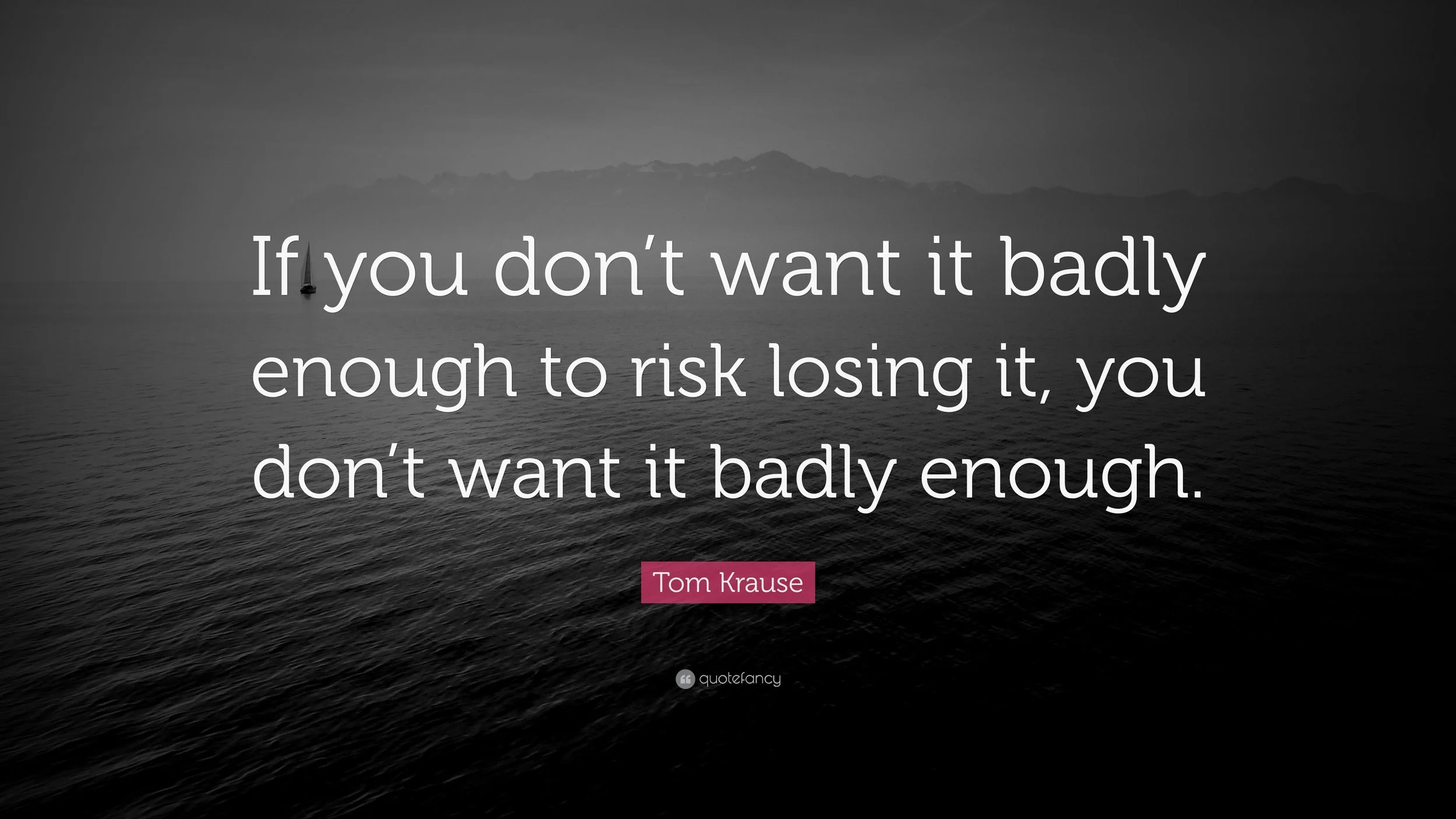On Sundays, I have a group of people over. We meditate, eat dinner together, and have a discussion that centers around prompts someone brings. The topics are generally spiritual in nature, but they have veered into the psychological, the technological (AI specifically), the metaphysical, the quantum and more.
Tonight, before we even looked at the discussion prompts, the conversation veered into the political and what is going on in the US right now. The fear we feel, seeing our rights like freedom of speech, and due process eroded. Watching the rule of law seeming to disappear. We talked about how everything is us vs. them. Good guys and bad guys. We spent time wondering (or more accurately worrying) what’s next for our country.
Our prompts this week were:
“The Kingdom of Heaven is within you” – Jesus
“Peace comes from within, do not seek it without” - Buddha
“As above, so below, as within, so without, as the universe, so the soul” – Trismegistus (Greek philosopher)
· What goes on in culture today that takes away your peace?
· What goes on inside you that takes away your peace?
· What are some types of “talk” that are going on in culture today that you would change if you could?
· What are some types of “talk” that go on in your head that you would change if you could?
We laughed that before we even looked at the prompts, we had answered the questions.
We talked about how, if a group can villainize or dehumanize another group, it becomes easy to violate basic human rights, to kill. We can make them into a monster – and justify our desire to be rid of them. We talked about how we can dehumanize the dehumanizers and how one can beget the other.
Then we talked about how we dehumanize ourselves from within with our obsession to be “right". It seems to me that our obsession to be “right” seems to serve as the soil in which the current cultural and political jungle has grown – the fuel to the fire. I know it’s human nature to want to be right. The ego thrives on it. But in modern times, the billion-dollar self-help industry and social media have fed into this human characteristic. Not that it’s wrong to want to be the best version of yourself you can be. But the obsession with improvement can be experienced as a type of violence against the self. Hack your body, optimize your performance. Find the right workout, the right meditation practice, the right supplements, the right make-up technique, the right home décor, the right affirmations and you’ll get life right. Ascribe to right ideology, the right religious viewpoint, the right politics and you will help right the world.
Wanting to be right has been the nature of humankind for what seems like forever. But having a device that is in our face all day, every day that is telling us what is right and what is wrong, who is right and who is wrong, showing us images of people who are “doing it right” and doing it so much better than we are - seems to be escalating this aspect of our nature. And if we are constantly feeding an internal dialogue that runs non-stop about what is the right way to be and what isn’t, it naturally follows that this will be the lens we look out on the world with. If they don’t fit the ideal, we must be rid of them.
The amount of unabashed posting on social media that is wishing someone dead is astounding. One side wanting Donald Trump dead because he’s a monster, another side saying that the killing of immigrants or protestors is warranted.
And while I admit that we must be able to say that there are right and wrong ways to treat others, it’s the mindset that becomes problematic. The idea that surely we have been well informed and know what is right and they do not. The way of being that is centered on what’s right, who’s right, rather than – as one man in the group said, “seeing the divine presence in the face of others.”
“As within, so without.”
But what about the monsters? Can we see the divine presence in them? At the end of our discussions, we always do a little non-traditional communion where we have bread and wine, and anyone can say anything they want. Several sentiments were shared, mostly about praying for peace in this world, being able to see the divine presence in others. Then, I shared, “even seeing Donald Trump as the Body of Christ.” But that took it too far. Suddenly, the divine had limits. It couldn’t been seen everywhere. Maybe Christ isn’t everywhere after all. Maybe if I descend into the depths of hell, the divine is not there.
“As within, so without”










